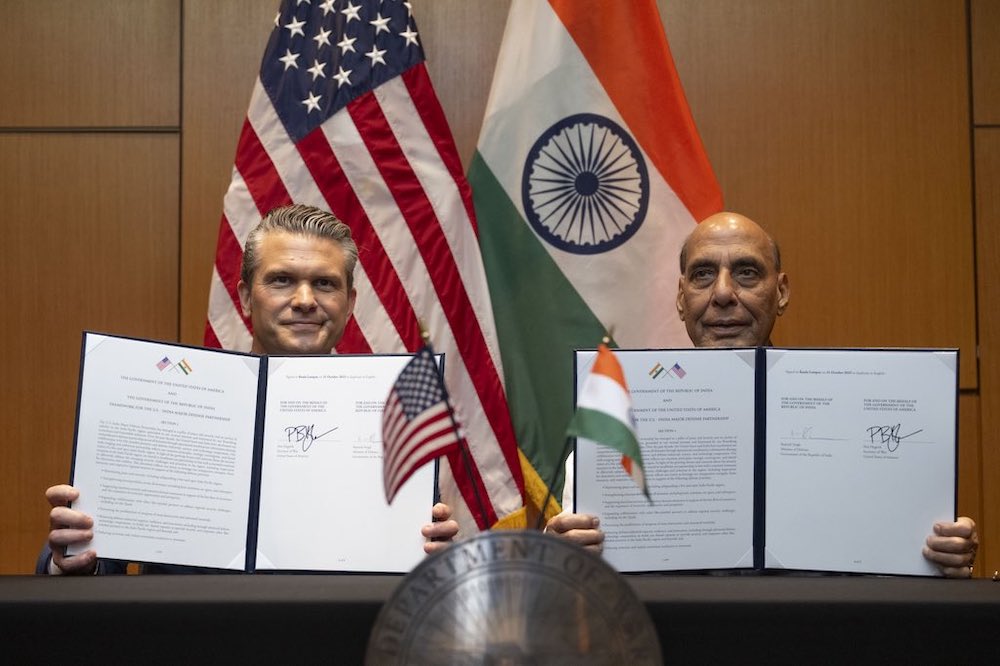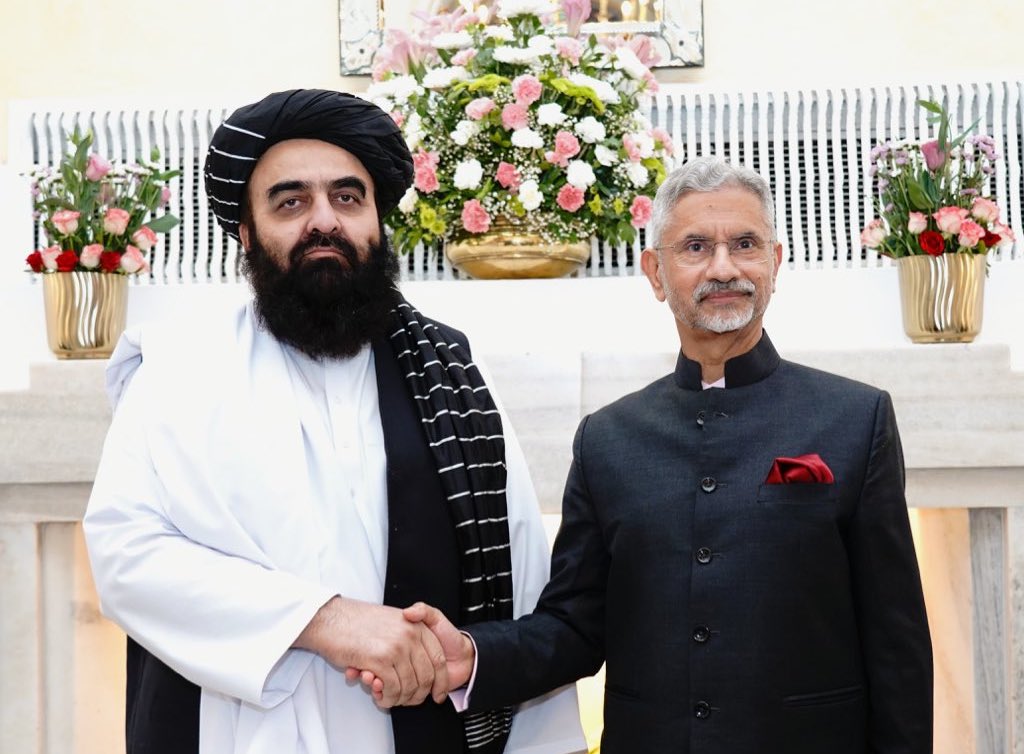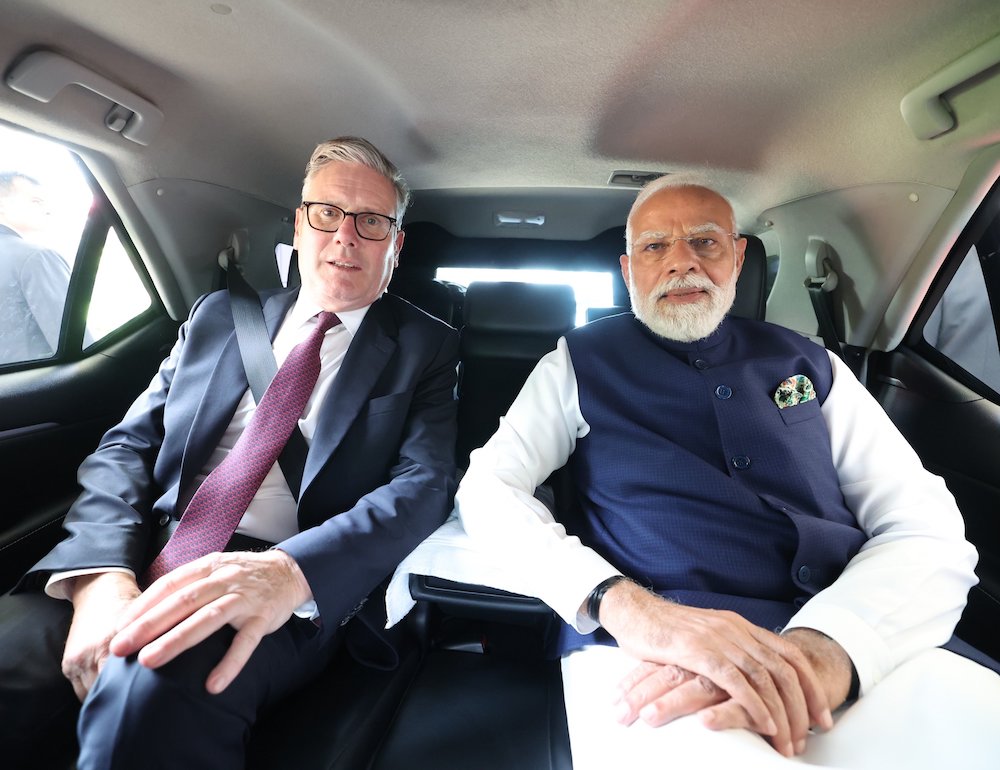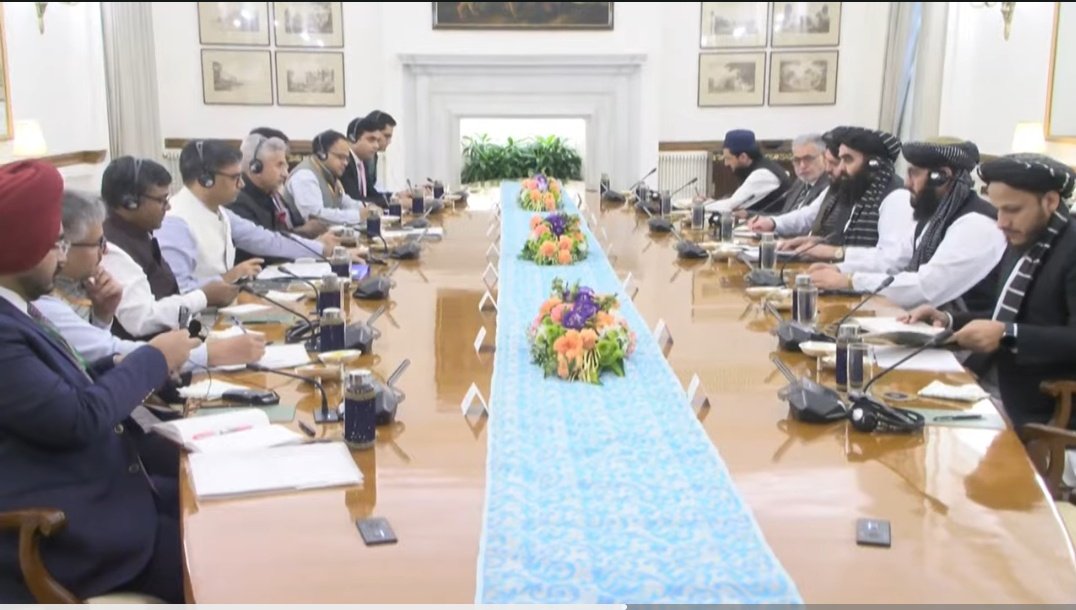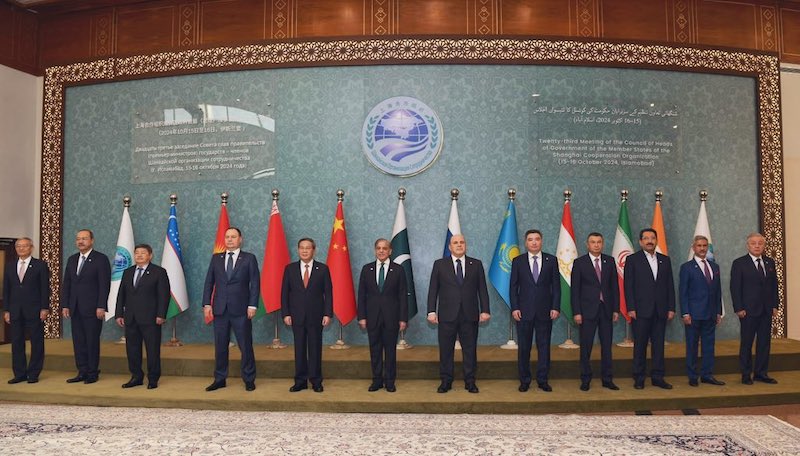 S Jaishankar (2R) along with representatives of SCO members for the Islamabad summit. (Photo: X/DrSJaishankar)
S Jaishankar (2R) along with representatives of SCO members for the Islamabad summit. (Photo: X/DrSJaishankar)
New Delhi: The foreign minister, S Jaishankar, participated in a series of formal events on the main day of the SCO Summit in the Pakistani capital, Islamabad, on Wednesday. The foreign minister, who landed in Islamabad on Tuesday for the meeting, took part in a group photograph with other Shanghai Cooperation Organization leaders and delivered India’s national statement during the plenary session.
In his address, Jaishankar emphasized the need for renewed commitment to the organization’s founding principles amid global challenges. He highlighted ongoing conflicts, the aftermath of the Covid-19 pandemic, and various economic disruptions as key issues facing the international community.
Jaishankar stressed the importance of adhering to the SCO Charter, which aims to foster mutual trust, friendship, and cooperation among member states. He called for an “honest conversation” about the current state of these relationships, urging introspection where trust and cooperation have fallen short.
Delivered ??’s national statement at the SCO Council of Heads of Government meeting today morning in Islamabad.
— Dr. S. Jaishankar (@DrSJaishankar) October 16, 2024
SCO needs to be able and adept at responding to challenges facing us in a turbulent world. In this context, highlighted that:
➡️ SCO’s primary goal of combatting… pic.twitter.com/oC2wHsWWHD
The foreign minister then reiterated India’s stance on strengthening connectivity within the region but stressed that such projects should respect the sovereignty and territorial integrity of member states – an oblique reference to India’s objections to China’s Belt and Road Initiative that passes through Pakistan-occupied Kashmir.
The foreign minister emphasized that cooperation must be based on mutual respect, sovereign equality, and territorial integrity. He warned against unilateral agendas and the selective application of global practices, particularly in trade and transit.
A significant portion of the speech focused on combating what Jaishankar termed the “three evils” outlined in the SCO Charter: terrorism, separatism, and extremism.
He argued that addressing these issues is crucial for regional development and stability.
Jaishankar outlined potential areas for collaboration within the SCO, including industrial cooperation, MSME (micro, small, and medium enterprises) development, connectivity, environmental protection, and healthcare. He also highlighted India’s global initiatives, such as the International Solar Alliance and the Coalition for Disaster Resilient Infrastructure, as relevant to SCO objectives.
A productive meeting of the SCO Council of Heads of Government concluded in Islamabad today.
— Dr. S. Jaishankar (@DrSJaishankar) October 16, 2024
Signed eight outcome documents. India made a positive and constructive contribution to the deliberations.
8 key takeaways from the Indian perspective:
➡️ Developing a dialogue on the… pic.twitter.com/uOxdZ5hJTL
Jaishankar also advocated for “reformed multilateralism”, and emphasized the need for comprehensive reform of the UN security council to better represent developing countries. He urged the SCO to lead in advocating for such changes in global institutions.
This visit, the first by an Indian foreign minister to Pakistan in nine years, underscored India’s commitment to multilateral engagement, even amid tense bilateral relations.
It may be noted that during his entire speech, Jaishankar didn’t make any direct reference to either Pakistan or China over India’s disputes with them because the SCO doesn’t allow bilateral issues to be raised on the forum.
Earlier on Tuesday, upon his arrival for the 23rd Meeting of the SCO Council of the Heads of Government, Jaishankar was greeted with a traditional welcome at the Nur Khan airbase outside Islamabad. His visit began with a banquet hosted by Pakistan’s prime minister, Shehbaz Sharif, where Jaishankar and Sharif briefly exchanged greetings, though both sides made it clear that no formal bilateral discussions would take place during the summit.
The evening was mostly ceremonial, focusing on fostering diplomatic exchanges within the SCO framework.
During his brief visit to Pakistan, which lasted less than 48 hours, Jaishankar engaged in symbolic activities in Islamabad, such as planting an Arjuna sapling at the Indian high commission in Islamabad, symbolizing India’s environmental commitment under the “#Plant4Mother” initiative.
An Arjuna sapling at @IndiainPakistan premises is another commitment to #Plant4Mother. #एक_पेड़_माँ_के_नाम pic.twitter.com/3Xx6prcmFm
— Dr. S. Jaishankar (@DrSJaishankar) October 16, 2024
The foreign minister also took a morning walk with officials from the Indian high commission, sharing a sense of camaraderie with his ministry staff.
A morning walk together with colleagues of Team @IndiainPakistan in our High Commission campus. pic.twitter.com/GrdYUodWKC
— Dr. S. Jaishankar (@DrSJaishankar) October 16, 2024





